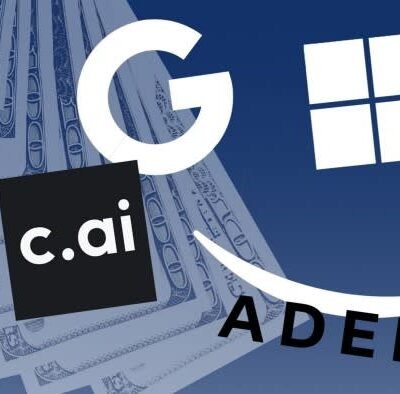Furthermore, dividend stocks as well as growth stocks are not immune to market downturns. A healthy dividend should be covered multiple times by operational cash flow, but should that cash flow be hit then dividends are an easy way of shoring up the business’s finances.
This does, of course, hit the share price, which can then mean the value of your shares falls along with the dividend cut.
Now, it would be remiss of me not to admit that there are companies out there with progressive dividend policies that, over time, can eventually pay out more than the original cost of the shares (Games Workshop being an example). But these are rare, and true wealth comes from focusing on capital growth.
Not to mention the fact that dividend reinvestment can be tricky. If a company offers a Dividend Reinvestment Plan (DRIP) then this is simple – your dividends are automatically reinvested into the company by acquiring more shares.
But if not – and DRIPs aren’t common in smaller companies – then you can end up with a dividend that can easily see a good chunk of it disappear in dealing charges, depending on which broker you deal with.
If you get a dividend of £100 and have to pay £10 in broker commission to buy more shares, then you’ve paid 10pc in fees. Those fees add up over time and hurt your overall performance.
Dividend investing may be an art as well as a science, but here’s a rule you can stick to: If you want to be wealthier, ditch the dividends.





